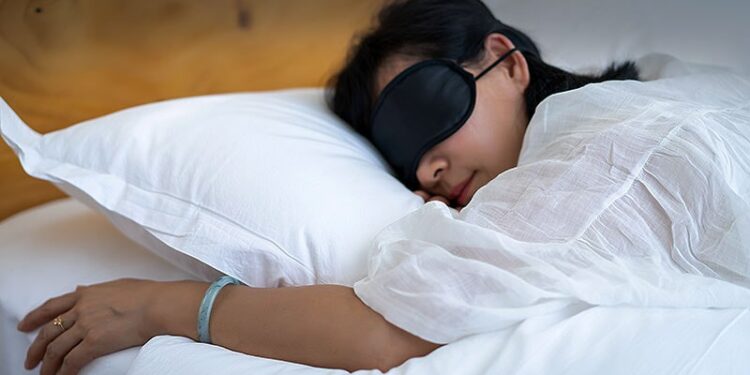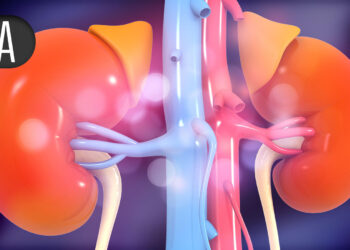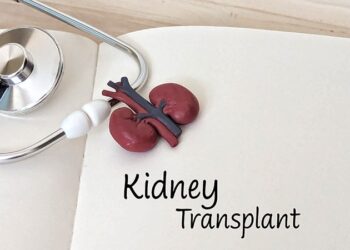TOPLINE:
An exhalation delivery system that releases fluticasone into the nasal cavity for the treatment of chronic rhinosinusitis enhanced sleep quality and alleviated sinonasal symptoms in patients with chronic rhinosinusitis.
METHODOLOGY:
- Researchers recruited 73 patients with chronic rhinosinusitis (mean age, 48 years; 68.5% women) who had been using standard intranasal steroids and then switched to 2 months of treatment with an exhalation delivery system. A subgroup of 33 patients completed 4 months of treatment.
- The researchers measured interleukin (IL)-6 levels in blood samples using a high-sensitivity enzyme-linked immunosorbent assay.
- Primary outcomes were the change in sleep quality and sinonasal symptoms measured using the Pittsburgh Sleep Quality Index (PSQI) and the 22-item Sino-Nasal Outcome Test (SNOT-22), with assessments conducted at baseline, 2 months, and 4 months.
TAKEAWAY:
- After 2 months of treatment, patients experienced a significant improvement in sleep quality, with the mean PSQI score dropping from 9.41 to 8.07 (adjusted P = .035); this further decreased to 7.56 at the 4-month mark (adjusted P = .046).
- The mean SNOT-22 score dropped from 49.88 at baseline to 29.13 at 2 months (P < .001) and further to 26.85 at 4 months (P < .001).
- Patients with IL-6 levels below 6 pg/mL experienced greater improvements in both sinonasal symptoms and sleep quality than those with higher IL-6 levels.
IN PRACTICE:
“While this study provides important insights into chronic rhinosinusitis management, particularly in the context of sleep quality, it also emphasizes the need for personalized treatment strategies,” the authors of the study wrote. “The identification of IL-6 as a biomarker for predicting responses to nasal steroid therapy offers a promising tool for optimizing treatment outcomes.”
SOURCE:
Rachel Nolte, with the University of Texas Health Science Center at Houston, was the corresponding author of the study, which was published online on March 22 in Annals of Allergy, Asthma & Immunology.
LIMITATIONS:
The study lacked a control group and excluded patients with obstructive sleep apnea.
DISCLOSURES:
The study was funded by an investigator-initiated grant from Optinose, which markets the exhalation delivery system. One author reported serving on the advisory board of Neurent Medical.
This article was created using several editorial tools, including AI, as part of the process. Human editors reviewed this content before publication.
Source link : https://www.medscape.com/viewarticle/steroid-delivery-system-rhinosinusitis-may-improve-sleep-2025a1000816?src=rss
Author :
Publish date : 2025-04-03 10:18:00
Copyright for syndicated content belongs to the linked Source.














